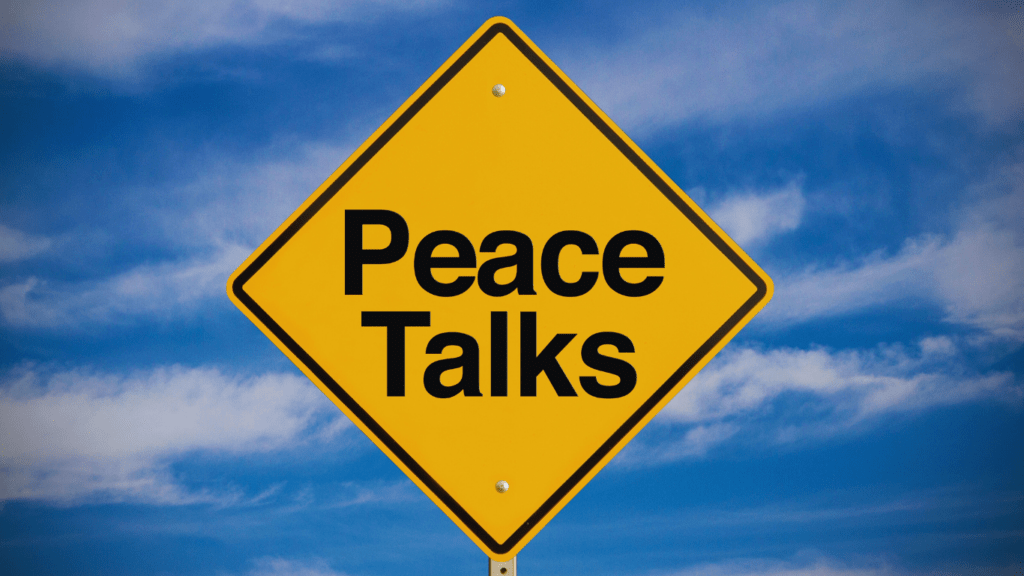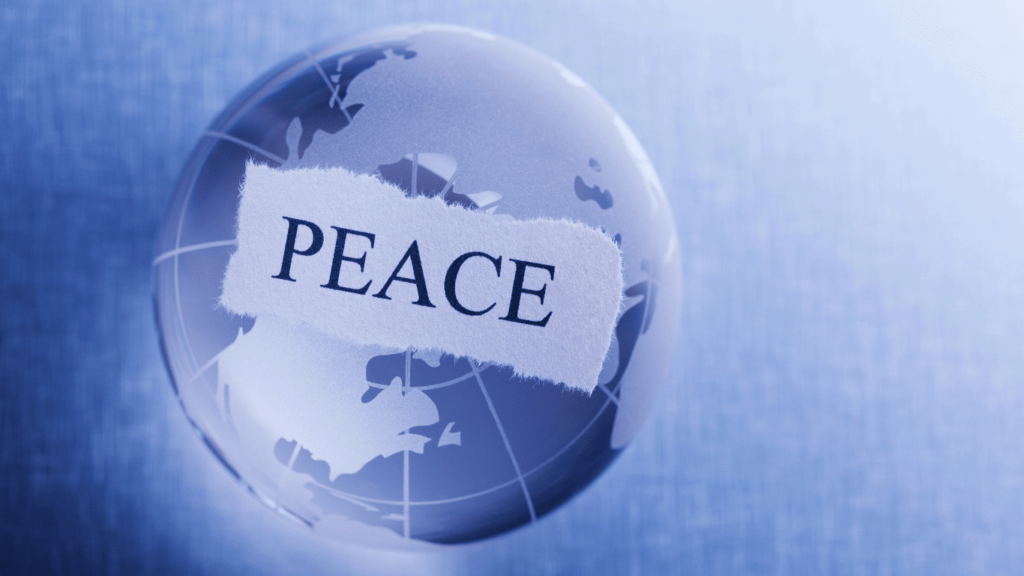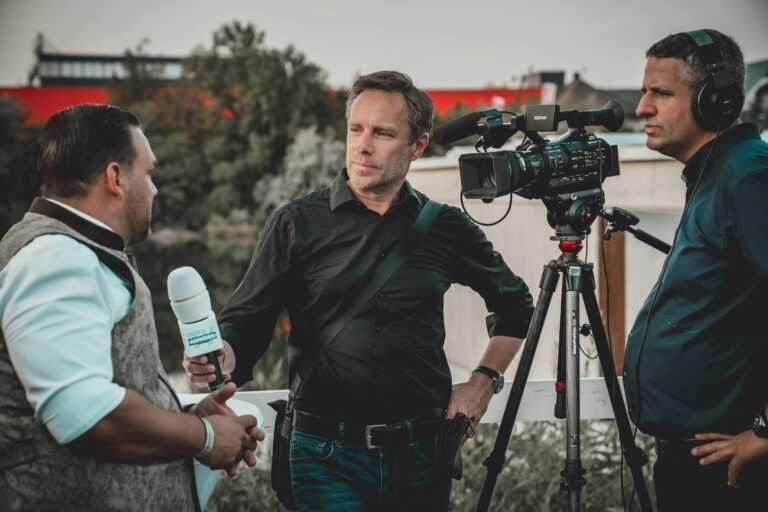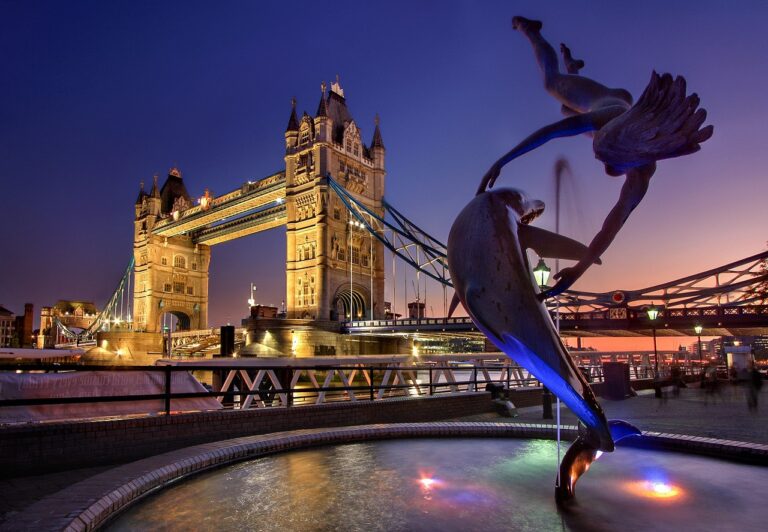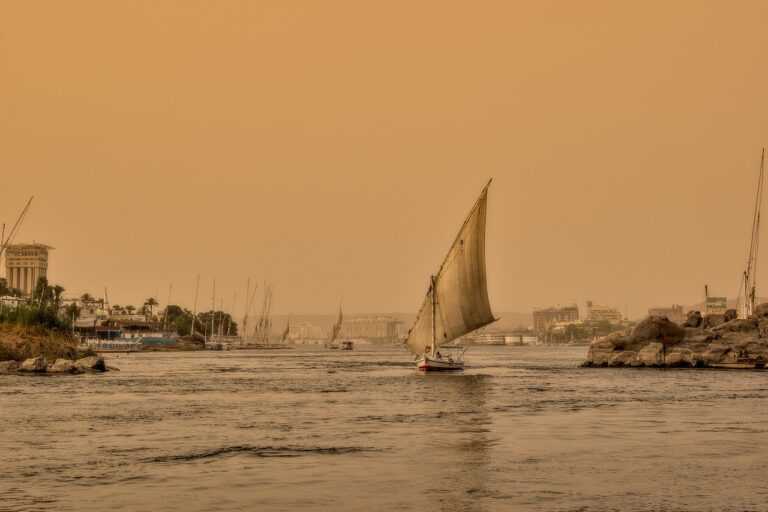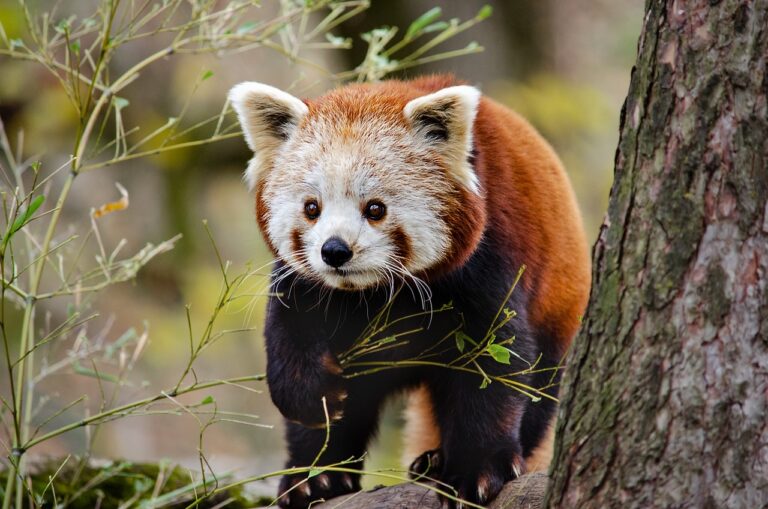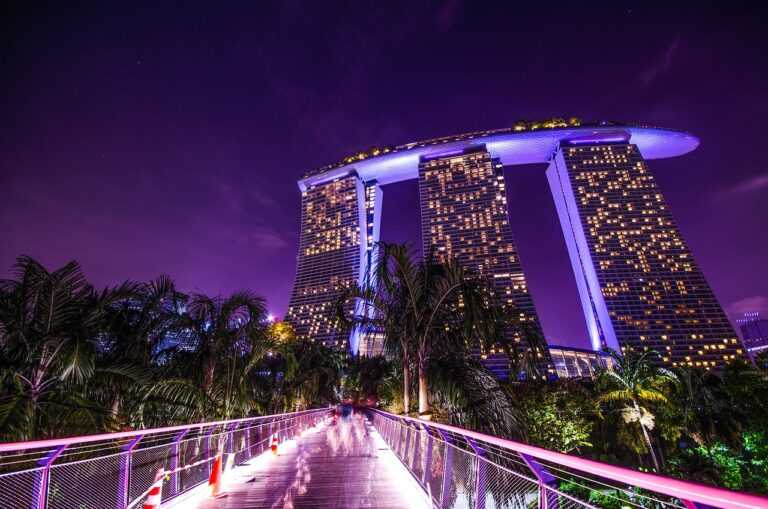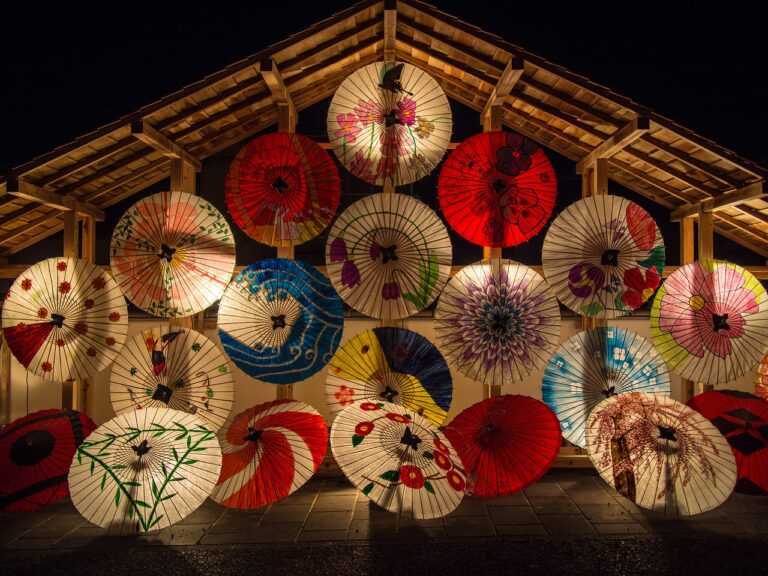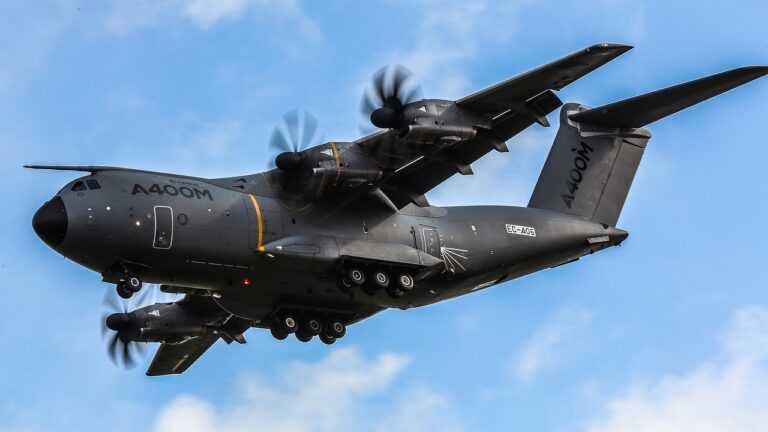The Evolving Landscape Of Peace Talks In 2024
Peace talks in 2024 reflect the complexities of ongoing global disputes and the innovative strategies being utilized for resolution. Diplomatic engagements adapt to shifting alliances, regional tensions, and technological influences.
Key Global Conflicts Shaping Diplomacy
- Several major conflicts define the state of diplomacy.
- Tensions between the US and China persist, focusing on trade policies, cybersecurity, and geopolitical influence in the Indo-Pacific.
- In Eastern Europe, the Russia-Ukraine war remains a central challenge, with negotiations stalling over territorial disputes.
- The Middle East sees continued efforts addressing the Israel-Palestine conflict, driven by international mediators working to establish frameworks for coexistence.
- African nations are engaged in resolving crises such as the Tigray conflict in Ethiopia, largely dependent on regional organizations like the African Union for mediation.
Patterns And Trends In Conflict Resolution
Peace talks increasingly utilize hybrid formats, combining in-person meetings with digital platforms for broader participation and quicker decision-making. Regional initiatives gain prominence as neighboring countries take lead roles in facilitating dialogues, as seen in Central Africa and Southeast Asia. Collaborative diplomacy emerges as a trend, prioritizing the involvement of non-state actors like NGOs and private organizations to complement state-led initiatives. Economic incentives play a crucial role in advancing agreements, with resource-sharing deals and trade partnerships acting as motivators for opposing parties to come to terms.
Major Players In Global Diplomacy

Global diplomacy in 2024 revolves around key actors shaping peace talks and conflict resolutions. Superpowers and regional organizations hold pivotal roles in negotiating outcomes for ongoing disputes.
The Role Of Superpowers
- Superpowers lead global diplomatic efforts by leveraging their economic and political dominance.
- The United States focuses on mediating conflicts like the Israel-Palestine dispute while countering China’s expansive Belt and Road Initiative.
- China balances its role as a mediator, especially in Africa, with its strategic interests, such as maintaining alliances in East Asia.
- Russia remains a central player in the Ukraine conflict, using diplomacy to counter sanctions and garner global support.
- The European Union, with its economic influence, concentrates on stabilizing regions near its borders and maintaining unity on issues like the green transition.
Influence Of Regional Organizations
Regional organizations provide localized solutions to conflicts by prioritizing regional stability and member state cooperation. The African Union leads mediation efforts in Ethiopia’s Tigray conflict and Sahel security crises.
The Association of Southeast Asian Nations (ASEAN) takes on disputes like Myanmar’s political turmoil but faces challenges in enforcing agreements.
The Gulf Cooperation Council (GCC) mediates between factions in Yemen while managing intra-regional divisions. These organizations’ reliance on shared cultural and geographic dynamics strengthens their influence but limits their ability to resolve more complex and globalized issues.
Challenges In Achieving Peace
Reaching lasting peace requires overcoming numerous interconnected obstacles. Political interests, economic priorities, and deep-rooted cultural differences often hinder diplomatic progress in global conflicts.
Political And Economic Barriers
Political agendas frequently obstruct peace talks. Governments prioritize national sovereignty, security, or alliance commitments, complicating negotiations. For example, ongoing tensions like the Russia-Ukraine war show how geopolitical rivalries restrict compromise. Emerging superpowers often compete for influence, further destabilizing regions and fragmenting international consensus.
Economic disparities strain negotiations. Resource-rich countries may resist equitable distribution agreements, while economically weaker nations push for concessions. Sanctions, trade restrictions, and competition over global energy markets exacerbate distrust in forums like UN-mediated talks. Financial dependencies on external powers can make weaker states reluctant to challenge dominant players’ interests.
Cultural And Historical Divides
Conflicts deeply rooted in cultural and historical grievances complicate peace processes. Generational disputes, such as those in the Israel-Palestine conflict, are fueled by narratives of displacement and identity, making resolution elusive. Ethnic and religious divisions often harden parties’ stances, as in the sectarian tensions across the Middle East.
Misaligned values and governance models create additional divides. While democratic nations advocate human rights provisions, authoritarian regimes often reject external interference in domestic policies. Negotiations falter when cultural pride or historical experiences, like colonization, limit willingness to compromise.

